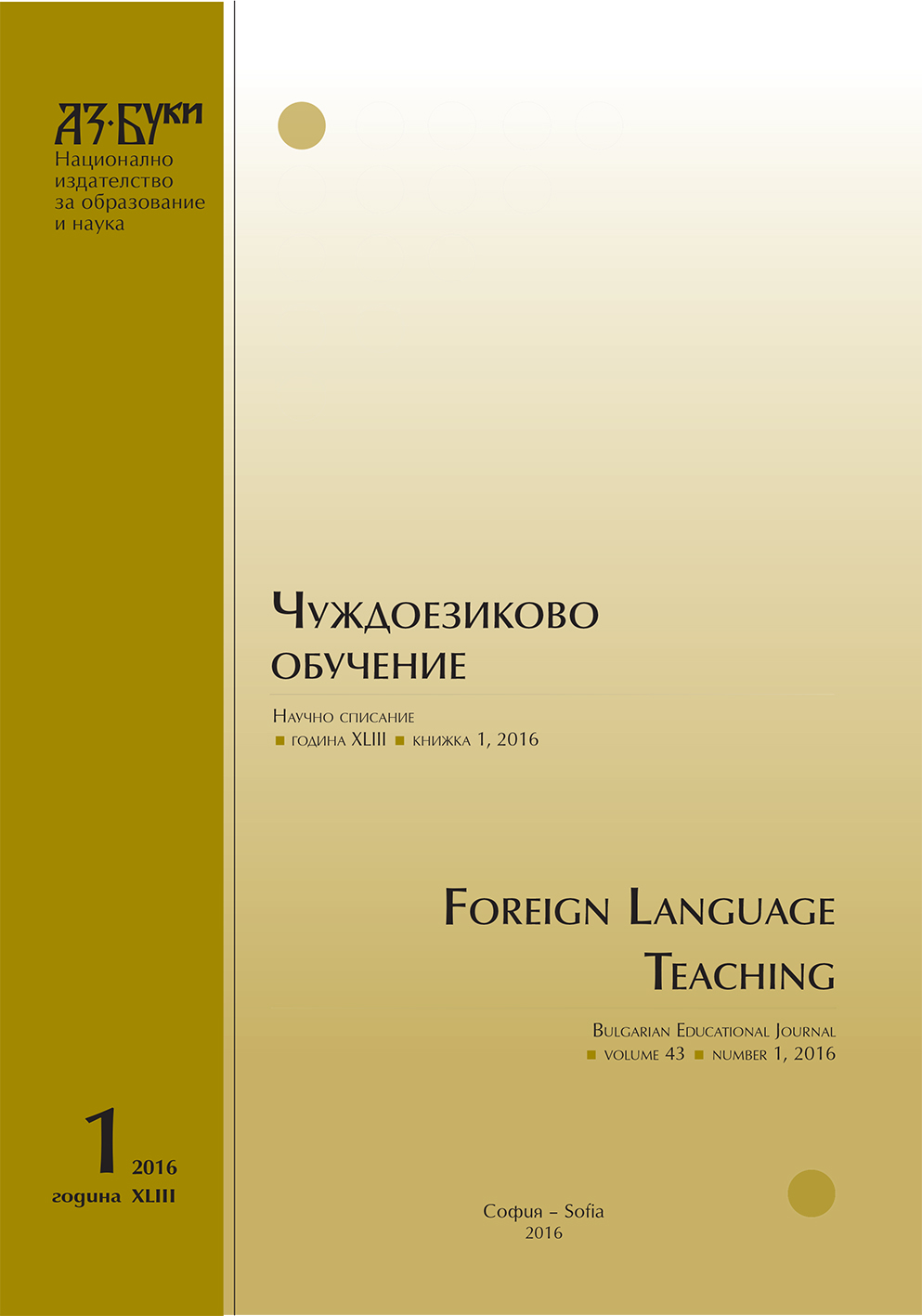Справя ли се Гугъл-преводач с превода на фразеологизми и помощник ли е в чуждоезиковото обучение
Is Google Translate Good for Translating Phraseological Units and Does it Help the Foreign Language Learning
Author(s): Kalin VassilevSubject(s): Language and Literature Studies, Education, Foreign languages learning, Library and Information Science, Theoretical Linguistics, School education, Vocational Education, Adult Education, Higher Education , History of Education, Philology, Inclusive Education / Inclusion
Published by: Национално издателство за образование и наука „Аз-буки“
Keywords: New Greek language; Google Translate; phraseological units; translation; foreign language; language learning
Summary/Abstract: The purpose of this article is to show the currently limited abilities of automatic translation, where the translation of syntactic models shows certain imperfections. Based on the experiment performed, the conclusions reached are that we cannot recommend to beginner and intermediate Modern Greek language learners to rely on the service of Google Translate for translation of phraseological units unless they are proficient in the language, as well as acquainted with native speakers psychology. Those imperfections are frequently noticed while translating texts in synthetic languages, such as Modern Greek, despite the analytical tendencies. The examples shown in this article focus particularly on linguistic and methodical issues.
Journal: Чуждоезиково обучение
- Issue Year: 43/2016
- Issue No: 1
- Page Range: 43-49
- Page Count: 7
- Language: Bulgarian
- Content File-PDF

